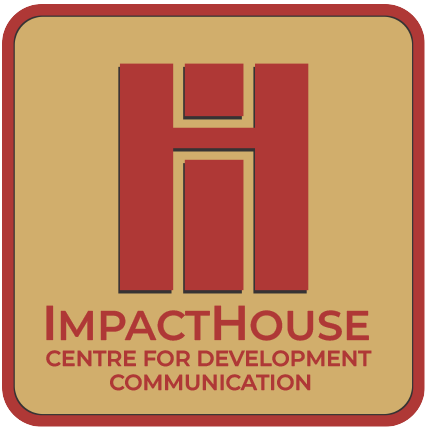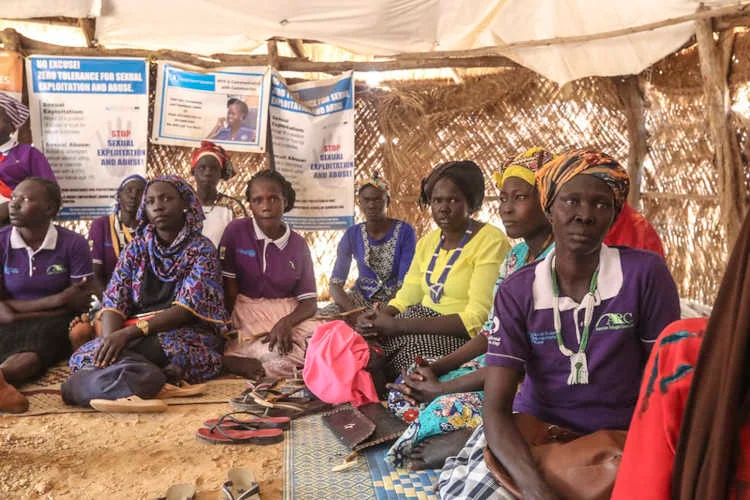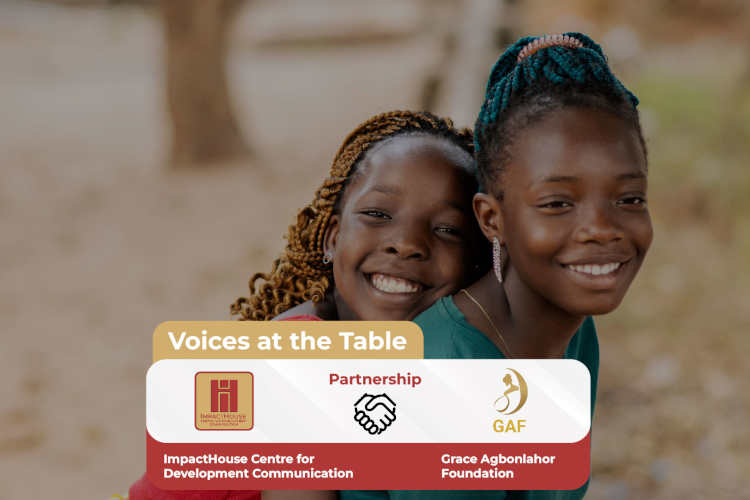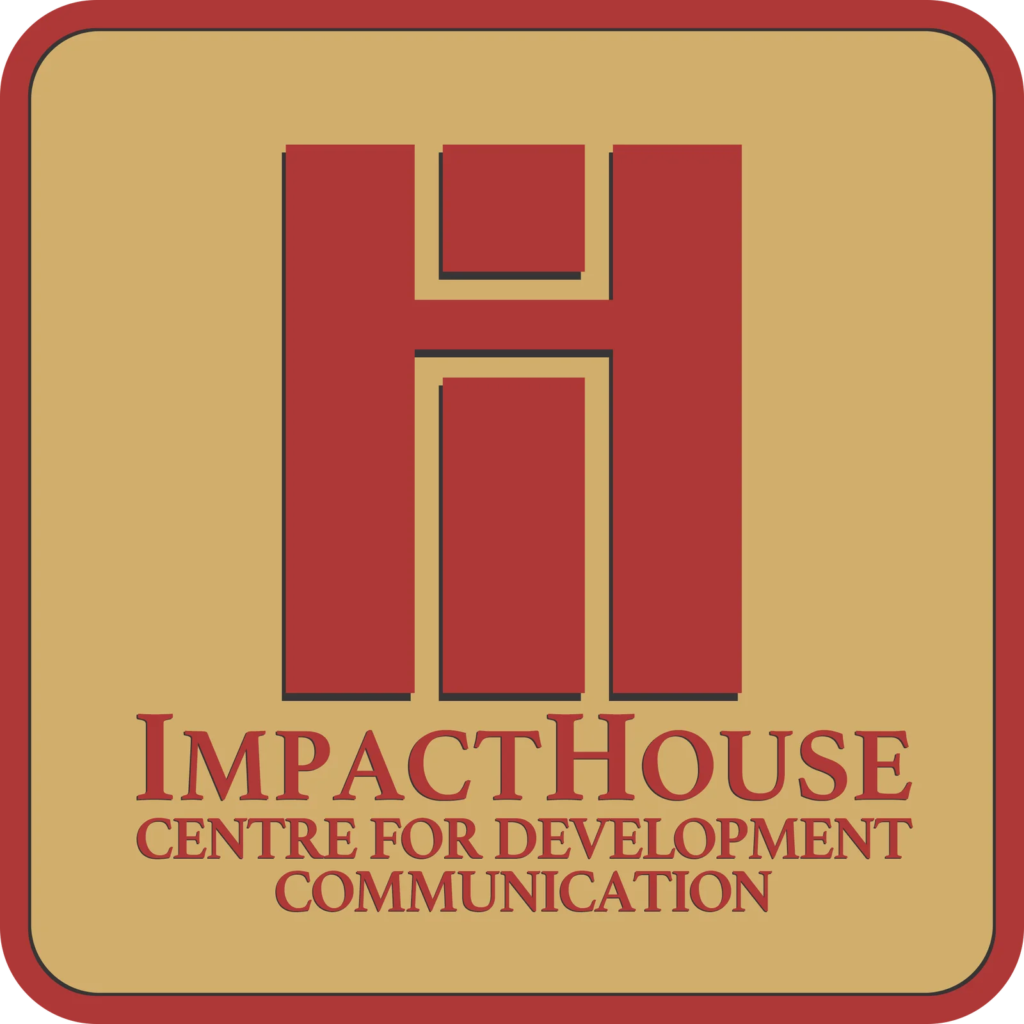Abuja, Nigeria – 10 December, 2024
As the world marks Human Rights Day and concludes the 16 Days of Activism against gender-based violence (GBV), ImpactHouse Centre for Development Communication (ImpactHouse) urges immediate and comprehensive action to address the persistent and devastating impact of GBV in Nigeria.
GBV remains a critical human rights issue, violating the fundamental rights to life, dignity, freedom, and security enshrined in international conventions and the Nigerian Constitution. Despite legislative advances like the Violence Against Persons (Prohibition) Act (VAPP) and the Child Rights Act, enforcement remains inconsistent across the country, leaving countless survivors without justice or support.
Harmful practices such as child marriage, female genital mutilation (FGM), and domestic violence continue to disproportionately affect women and girls. Shockingly, data from the National Bureau of Statistics (NBS) shows that at least 30 percent of women aged 15 to 49 have experienced physical or sexual violence.
The 2024 Womanity Index by Invictus Africa highlights that Lagos, Rivers, and Ekiti states have the highest prevalence of GBV, with domestic or intimate partner violence being the most common form. Even more concerning, 70 percent of GBV incidents occur within the home, and over 34 percent of survivors seek help from family members rather than law enforcement due to mistrust in the system.
Executive Director of ImpactHouse, John Andah, emphasised the need for concrete action: ‘Laws alone are insufficient to combat GBV in Nigeria. The government at all levels must move beyond legislation to action and accountability’.
To effectively address GBV, ImpactHouse urges key stakeholders to take the following actions:
- Strengthened Legal Frameworks: State governments must enact and implement the VAPP Act, establish dedicated GBV courts, and provide strengthened legal aid services for survivors.
- Increased Funding: The National Assembly and state legislatures must allocate adequate funding to support the enforcement of GBV laws and the establishment of shelters, crisis hotlines, and sexual assault referral centres nationwide, particularly in rural and underserved areas.
- Law Enforcement and Judicial Reforms: The Nigeria Police Force and judiciary should implement mandatory training programmes to ensure survivor-centred responses and eliminate harmful biases. The Ministry of Justice must develop clear guidelines and protocols for handling GBV cases to ensure timely and fair justice.
- Public Awareness Campaigns: The National Orientation Agency (NOA) should lead nationwide campaigns targeting families, communities, and schools to challenge patriarchal norms, harmful cultural practices, and GBV stigma.
- Accessible Community Support: Local governments should establish community-based support centres to address the unique challenges faced by survivors in rural areas.
ImpactHouse believes that addressing GBV requires not only legislative measures but also sustained action, adequate funding, and a collective commitment to breaking the cycle of violence. On this Human Rights Day, we urge all stakeholders to prioritise the fight against GBV and ensure that every Nigerian can live free from fear and violence.
###
Photo source: UNMISS
For media enquiries, please contact:
Chinomso Momoh






